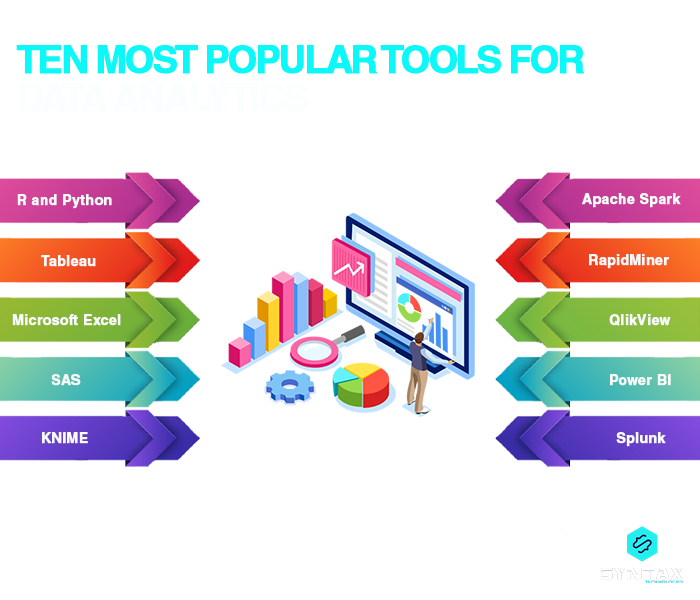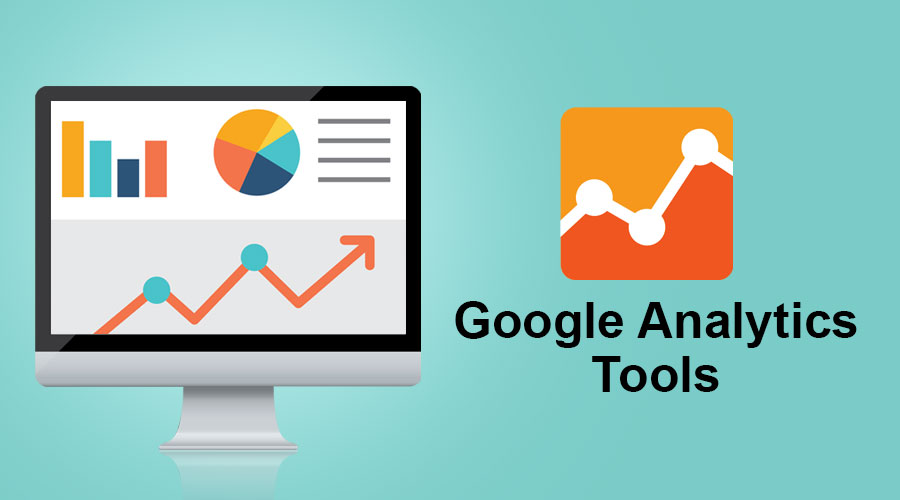Boost Your Operations with Intelligent Analytics Solutions
Boost Your Operations with Intelligent Analytics Solutions
Blog Article
Maximize Development: How Analytics Drive Better Strategies
By utilizing data understandings, organizations can refine their operational methods, prepare for market adjustments, and enhance customer engagement. The difficulty exists not just in accumulating information but in efficiently translating it to drive concrete end results.
Understanding Information Analytics
Information analytics is an organized computational evaluation of information that enables organizations to discover significant patterns and understandings. This procedure includes a range of methods, consisting of analytical evaluation, predictive modeling, and data mining, which collectively aim to transform raw data into actionable information - Analytics. By employing these methodologies, organizations can make informed choices that are rooted in empirical proof instead than instinct alone
The structure of data analytics depends on its ability to deal with large amounts of information from varied resources. This consists of structured data, such as databases, and disorganized information, including social networks interactions and customer responses. Via making use of specialized software application and tools, analysts can extract and process this information effectively, determining trends and correlations that might not be quickly evident.
Comprehending data analytics also entails acknowledging the significance of information top quality and stability. Accurate and trusted information is vital for significant analysis; therefore, organizations have to carry out robust information governance techniques. Moreover, the iterative nature of analytics enables continuous improvement and enhancement of strategies, ensuring that companies continue to be agile when faced with changing market dynamics and customer behavior.
Key Benefits of Analytics

One of the crucial advantages of analytics is its capability to supply workable insights. Organizations can rapidly evaluate large amounts of data, revealing patterns that might not be quickly apparent.
An additional substantial advantage is enhanced client understanding. Analytics devices enable companies to segment their target market, track customer behavior, and individualize advertising and marketing efforts. This targeted method not just boosts client engagement yet additionally drives higher conversion prices.

Implementing Analytics Approaches
To fully understand the advantages of analytics, organizations have to adopt organized strategies for application. This starts with clearly defining purposes that align with wider organization goals. By developing details, measurable results, companies can focus their analytics efforts on locations that produce the highest return on investment.
Following, companies should prioritize information administration to ensure the stability and protection of the information being evaluated. This includes establishing up methods for information collection, storage, and gain access to while sticking to pertinent guidelines. Guaranteeing high-quality information is navigate to this site essential for creating meaningful insights.
In addition, fostering a culture of data-driven decision-making is vital. This calls for training workers to interpret analytics findings and motivating cooperation across divisions. They are more likely to integrate understandings right into their day-to-day procedures. when teams comprehend the worth of analytics.
Finally, organizations ought to consistently assess and improve their analytics approaches. The landscape of information and innovation is continuously developing, and staying adaptable will certainly permit organizations to leverage new devices and methodologies effectively. By applying these organized methods, organizations can take full advantage of the impact of their analytics initiatives and Our site drive lasting growth.
Devices for Reliable Analysis
Effective evaluation counts on a variety of devices that help with the extraction of understandings from data - Analytics. These devices can vary from easy spread sheet applications to advanced equipment learning platforms, each serving a special objective in the analytical procedure
Information visualization software, such as Tableau and Power BI, plays a critical function in changing complex datasets into easy to understand visual representations. These devices enable experts to recognize fads and patterns quickly, enabling for even more enlightened decision-making.
Statistical analysis software program, like R and SAS, offers sophisticated capacities for performing extensive evaluations, consisting of regression, hypothesis testing, and anticipating modeling - Analytics. These attributes empower organizations to draw significant verdicts from their information, identifying potential chances and dangers
Moreover, data source monitoring systems such as SQL and NoSQL databases provide the required framework for saving and quizing large volumes of data efficiently. They guarantee that data is organized and easily accessible for evaluation.
Finally, organization intelligence systems incorporate numerous information resources, providing an extensive view of organizational performance. By utilizing these tools efficiently, companies can enhance their analytical capabilities, enabling them to develop strategies that make the most of growth and improve total efficiency.
Case Researches of Success
Effective organizations frequently utilize data analytics to drive impactful strategies, as shown by a number of remarkable situation studies. By utilizing these insights, Netflix has actually successfully customized its click to find out more content suggestions, resulting in increased customer engagement and customer retention.

In addition, Starbucks uses data analytics to identify ideal store places and improve its item offerings. By checking out customer demographics and buying patterns, Starbucks effectively determines high-potential markets and customizes its food selection to neighborhood preferences, driving sales and consumer commitment.
These instance researches highlight that reliable application of information analytics can bring about strategic advantages, cultivating innovation and development within companies throughout numerous sectors.
Verdict
Finally, the assimilation of analytics right into business methods dramatically improves decision-making processes and promotes sustainable development. By leveraging data-driven understandings, organizations can determine patterns, anticipate market shifts, and maximize procedures. The efficient implementation of analytics devices better sustains dexterity and development, enabling companies to browse competitive landscapes with greater accuracy. Eventually, a commitment to analytics not just drives instant performance renovations yet likewise secures lasting success in an ever-evolving market.
Information analytics is a methodical computational evaluation of data that makes it possible for organizations to reveal meaningful patterns and understandings.Understanding information analytics also includes recognizing the value of information high quality and honesty. Reputable and exact data is critical for meaningful evaluation; hence, organizations need to implement robust information administration practices.Next, companies must focus on data governance to make sure the integrity and safety of the information being assessed.Successful organizations commonly utilize information analytics to drive impactful approaches, as shown by numerous notable situation studies.
Report this page